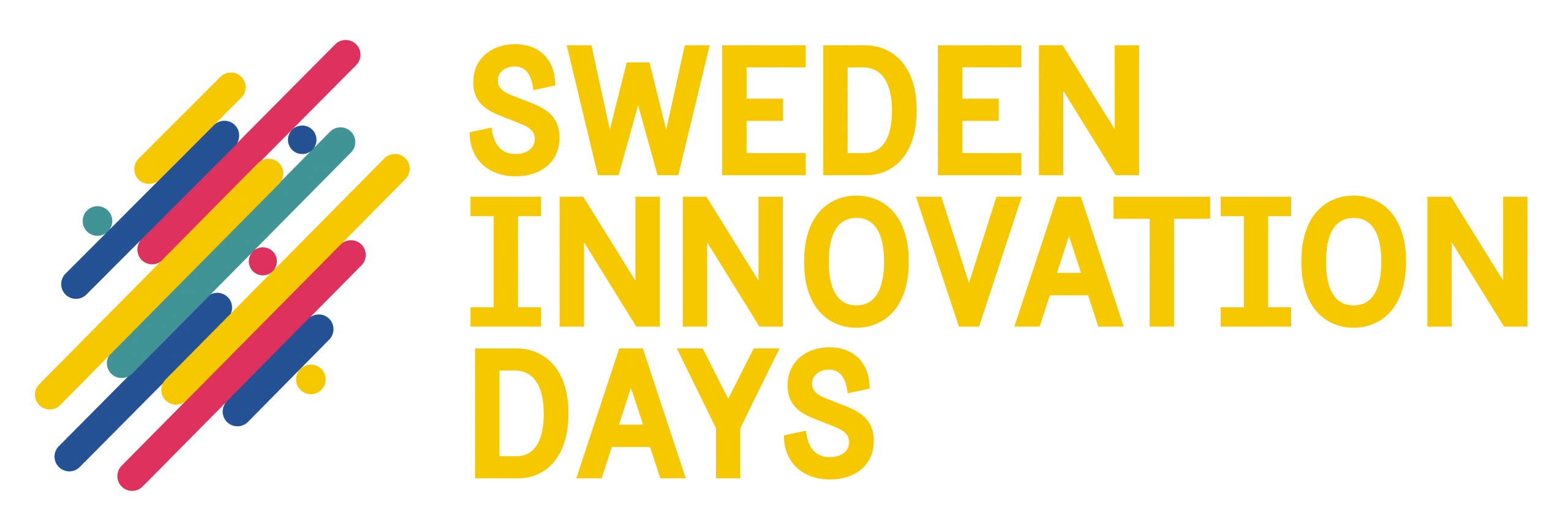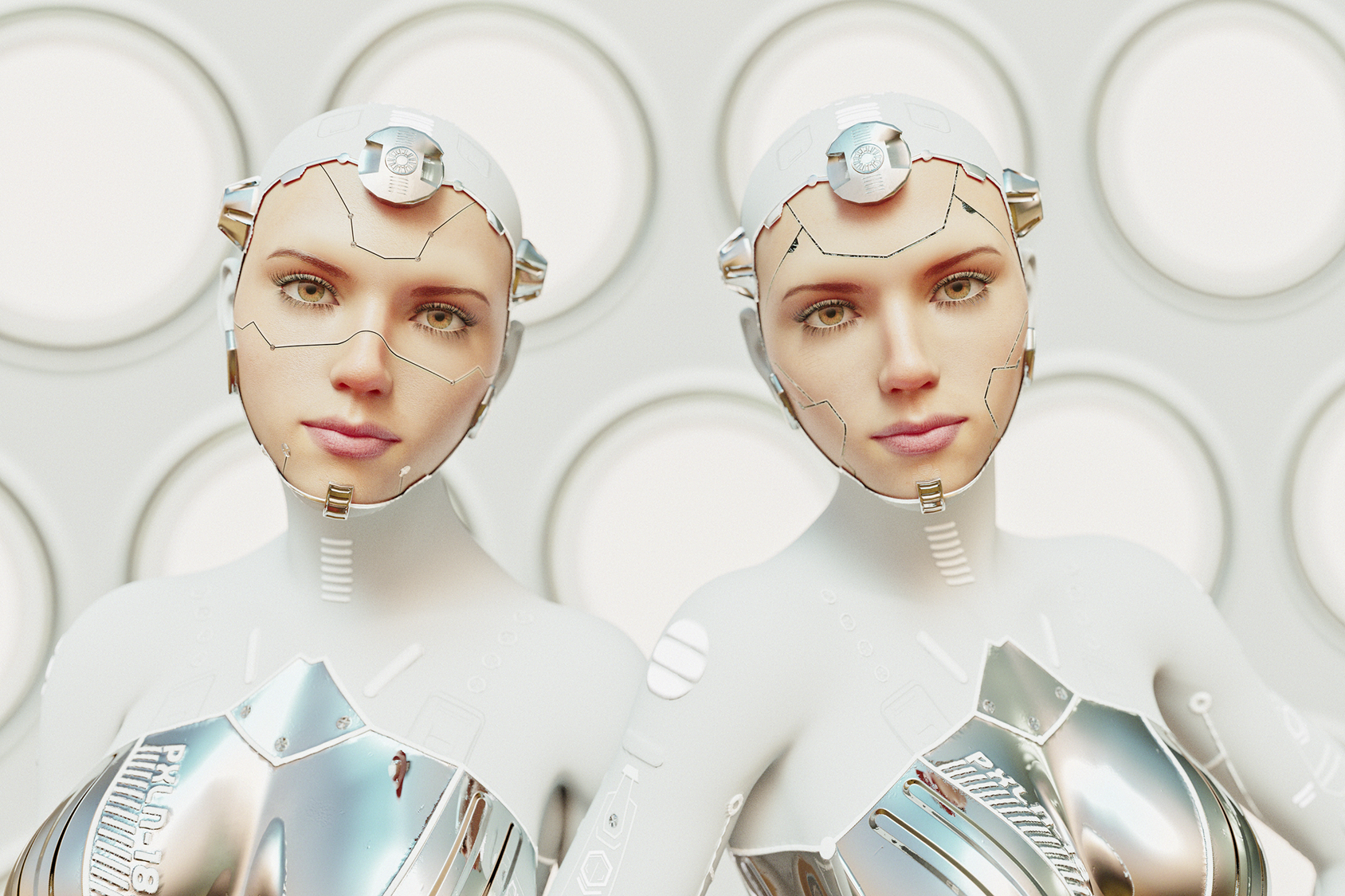How did you become interested in innovation?
I was more interested in serving society than innovation originally. My father is a civil servant, so from a young age I was interested in societal challenges, transformation and problem solving. It’s from there that I discovered how innovation can support different types of transformation.
So why did you choose innovation as the way to serve society?
Innovation can catalyze processes, thinking and policies. This is an advantage because it’s very easy to get stuck in a ‘this is how it has always been’ mentality. In order to spark the imagination, you need innovators to inject new ideas. When you help these ‘fringe brains’ create those ideas then you can help people within the system see a much more interesting, efficient or sustainable way of doing things.
What does innovation mean to you?
Innovation can be seen as an annoying buzzword and is often thought of in terms of technological innovation. But innovation is a much broader and more interesting concept than just technology. When you imagine the future, you also need to consider innovation within infrastructure, energy and policy. The final (and probably the hardest bit) is innovation in terms of mindset. We need to rethink how and why we do things.
The theme for Sweden Innovation Days is ‘we need to innovate how we innovate,’ what needs to change in how we think about innovation in order to create a positive impact?
I worry when I see headlines about technological innovations that will solve the climate crisis because it puts unrealistic expectations on certain innovations. It also frees us from responsibility. We need to ask ourselves some quite tough questions. How did we get here? What were the priorities and decisions that led to this mess? Innovation has a role to play in the sustainability transition but thinking it’s a silver bullet is a huge disservice to us as a civilization and doesn’t allow us to take responsibility to address our challenges.
We also often see in the media a lot of talk about measured steps, using market forces and being realistic around change. That we should do growth and sustainability together, and maybe we can do both but we need to consider which is more important now. It’s ok for growth to take a secondary position while we take care of this bigger problem and this is where innovation needs to come in terms of mindset. We need to break the old mould of thinking that growth is the only way to succeed but at the same time understand that saying growth needs to take second position after sustainability doesn’t mean that you by definition are anti-growth. That’s where the conversation can become very un-nuanced, so I’d like to see more innovation in how we debate these things.
How does Sweden Innovation Days fit into this conversation and why is it important to bring different actors (government actors, civil society, academic organisations, corporates, startups etc) together to have this conversation about sustainable transformation?
Innovation is always complex; in that you don’t know what’s going to happen. The core of innovation is doing something, looking at it, assessing, learning and taking the next step, then repeating this over and over again. It’s an iterative process that needs to be applied to everyone’s thinking as we transition to more sustainable practices.
Currently the way we build states, communities, corporations and the stock market is not iterative, it’s the opposite because we want to create predictability and be able to say “I’ve taken these steps in this timeline, I kept my budget and here is the result.” We need to be allowed to feel comfortable in not knowing what the next steps are and that thinking needs to leave the innovative landscape and move into other fields including policy and media.
We also need to come together to talk and then take a step, look at it and assess. This can only happen if you have a range of perspectives (for example someone with a social background, someone with a political perspective and another with technical experience) all giving their input so you can learn and then jointly decide the next step. That’s why key meeting points like Sweden Innovation Days are an important part of the transition.

On a more personal level, what do you see as your role as moderator?
I enjoy the moderating role because I can hopefully catalyze the conversation by allowing different types of perspectives on the transition and setting the backdrop and reminding the participants of the iterative process. That means relaxing everyone, letting them know it’s ok to not know the answer, so they can contribute their piece and allow everyone to learn from each other. My role is also to raise the next level of questions after that, and explore what more we need to do and who else should be involved. By championing the innovative process, the iterative process, I hope to create a conversation where many perspectives contribute.
That links quite clearly with one of the key themes of Sweden Innovation Days, Co-creation for innovation, what does it mean to you?
Sweden has a historical track record of creating humble, honest and ego free places for conversations and with that in our DNA, we allow people to come and contribute. Co-creation for innovation can be such a powerful format but again we aren’t used to it, the media landscape is sometimes a bit shortsighted and we are often in some kind of monologue ping pong and co-creating is the opposite of that.
How important then is that neutral platform where everyone feels like they can come into it without preexisting judgement or alliances?
It’s very important because we are on a tight schedule here, so we don’t have time for ego prancing and the traditional look at me, so we need to be quite ruthless in removing the incentive to this, in order for us to transition together and discuss concepts and ideas to ignite cooperation. We won’t solve anything in these four days, but hopefully we can build bonds with people that reinforce the innovative process. We want to connect people and link their ideas to spur lateral thinking and relationship building.
How important will the followup process be? What can we do to ensure that the conversation continues, and this isn’t just a one-off inspirational event?
There’s two ways of thinking, one is contributing to that ecosystem by making sure people are introduced, creating separate workshops, rooms or even email introductions. We can then plan for a certain thinking period for the challenges we discuss at Sweden Innovation Days, and then meet again after everyone has marinated, and continue the iterative process.
The other is that we also have to trust our fellow brothers and sisters in their ability to take the baton and run with it.
You can see Aurore live in action January 17-20 at Sweden Innovation Days. Find out more about the event and register today at www.swedeninnovationdays.se









